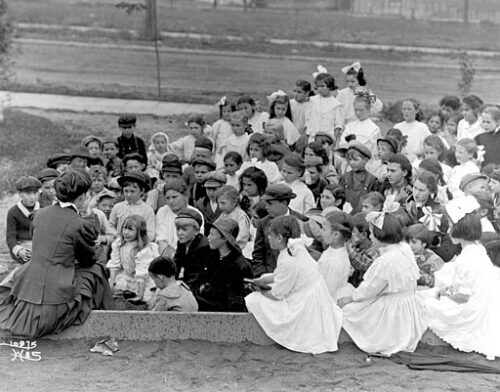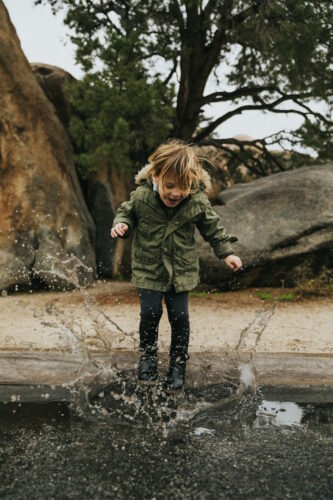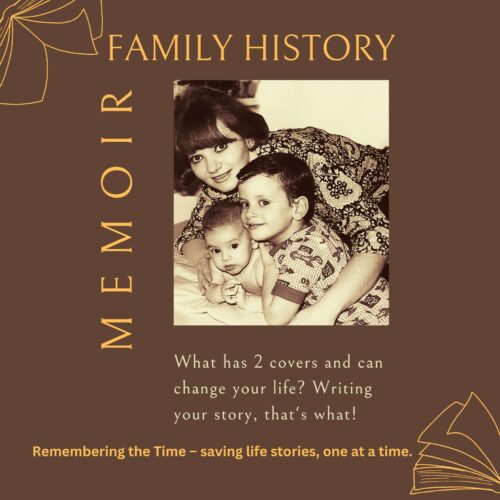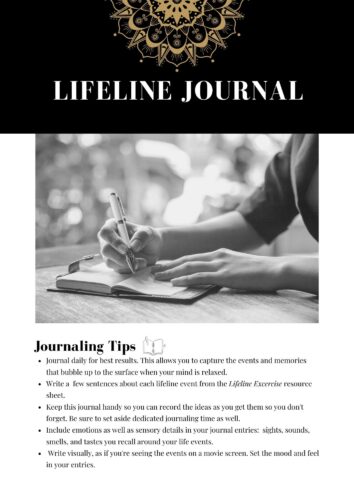
The Quest for Memories
Have you ever felt like an archaeologist in your own home, discovering treasures hidden in the nooks and crannies of your past? I recently embarked on such an adventure while cleaning out my mom’s garage. In the back corner, underneath a workbench, I uncovered a shoebox full of forgotten trinkets. This wasn’t just a box of random items; it was a chest of stories waiting to be told. It got me thinking: how many of us have similar collections gathering dust, their stories untold? This is where your journey to document personal history begins.
Gather Your Treasures: The First Key
The initial step is as simple as gathering your collection. Dive into the how, why, where, and when of your treasure’s existence. Artifacts, whether they’re photos, recipes, or mementos, are the foundation of your story. Delve into the details, and let them guide you through your narrative.
Create a memory box. This isn’t just any box; it’s a vessel for your past, a prompt for your memories. As you place each item inside, jot down the memories they evoke. This process is magical, often bringing to light forgotten moments and feelings. You’ll find this tip on page 27 of my book Tell Your Life Story: 10 Tips and Techniques to Write Your Memoir.
Memory Box: The Second Key
Create a memory box. This isn’t just any box; it’s a vessel for your past, a prompt for your memories. As you place each item inside, jot down the memories they evoke. This process is magical, often bringing to light forgotten moments and feelings. You’ll find this tip on page 27 of my book Tell Your Life Story: 10 Tips and Techniques to Write Your Memoir.
The Collective Memory: The Third Key
This journey isn’t solitary. Involve family and friends, asking them to contribute their memories and perhaps even their own mementos. This collaborative effort enriches your story, adding interesting and invaluable layers and perspectives.
Reflect and Record: The Fourth Key
Now, take a moment to sit with your collection. Whether you’re writing your own story or someone else’s, this reflection period is crucial. Handle each item, record your thoughts, or have a conversation about them. This step solidifies your narrative, embedding the essence of each memory into your story.
Unveiling the Theme: The Fifth Key
As your collection grows, a theme will begin to emerge. It could be family, love, adventure, or simply the beauty of everyday life. If the theme isn’t immediately apparent, don’t worry. Sometimes, it takes an outside perspective to bring it into focus.
Try this fun step: share your collection with someone close to you and see what stands out to them.
Crafting Your Story
Remember, the goal isn’t to document every single detail but to capture the essence of your memories. Highlight emotions and settings in your descriptions of treasures. For example, on the Pirates of the Caribbean ride at Disneyland, a treasure box becomes much more than just a wooden crate full of pearls. Some of the most compelling stories are snapshots, focusing on a singular moment or item. If you’ve ever felt overwhelmed by the thought of telling your story, let these five keys be your guide. You’ll find that once you start, the narrative begins to weave itself.
And remember, as Terry Pratchett once said,
The first draft is just you telling yourself the story.
So, tell it with love, tell it with nostalgia, but most importantly—just tell it. Need help getting started? Pick up a print or e-book version of this handy guide Tell Your Life Story: 10 Tps and Techniques to Write Your Memoir or contact me through the contact form on this website and let’s talk story. I’d love to hear yours!
(Photo courtesy Susan Holt Simpson on Unsplash)




